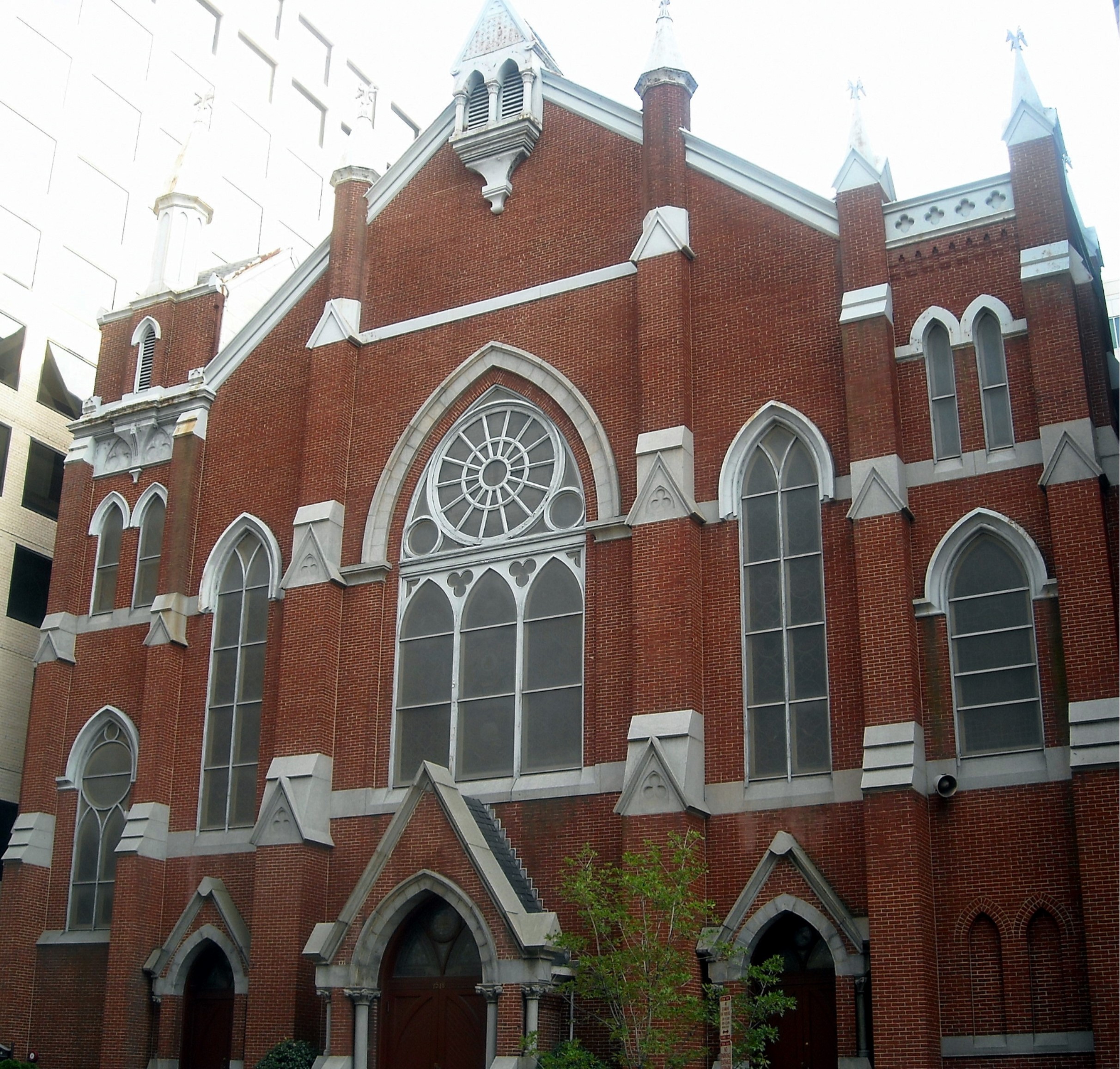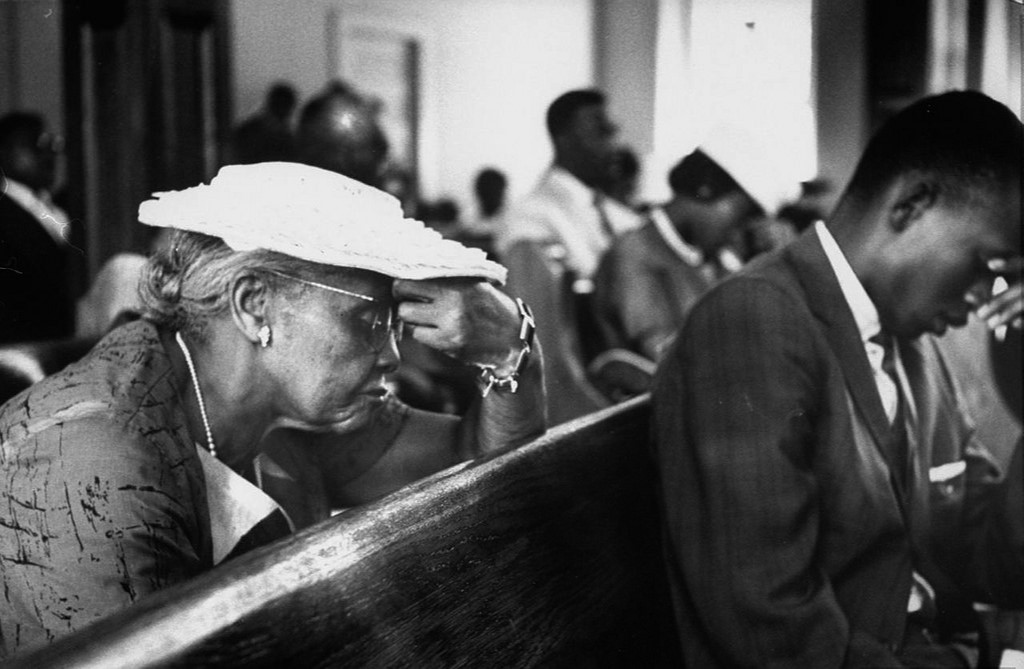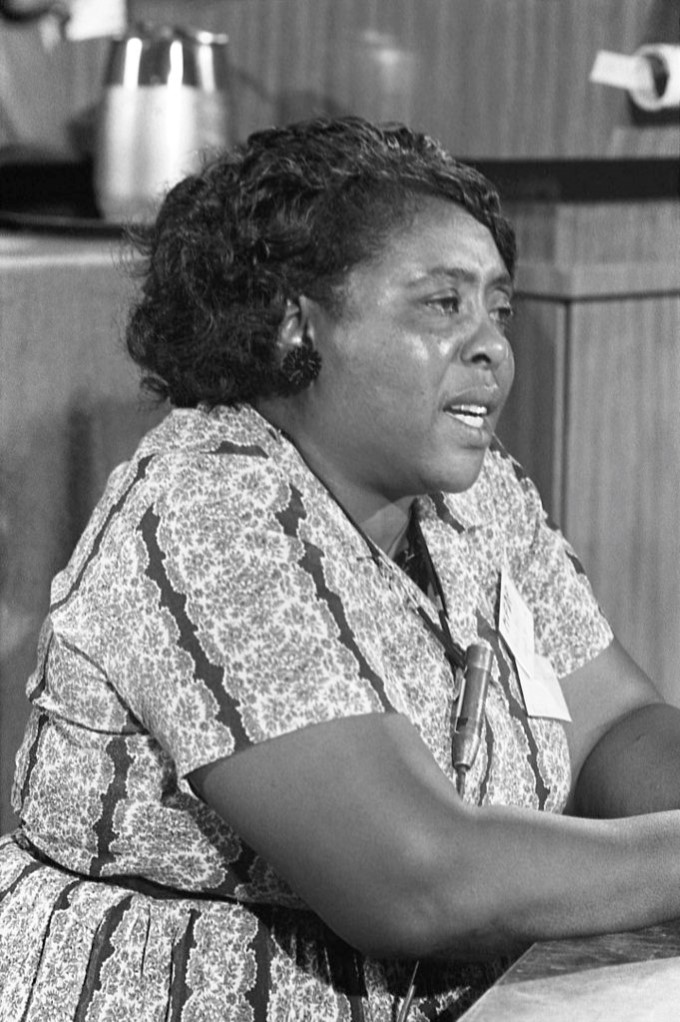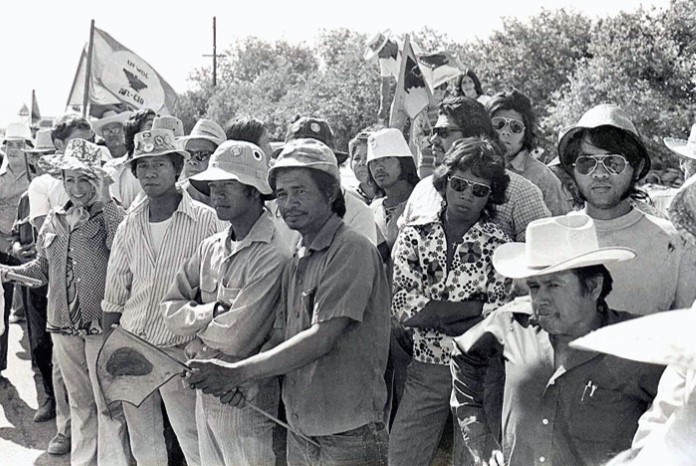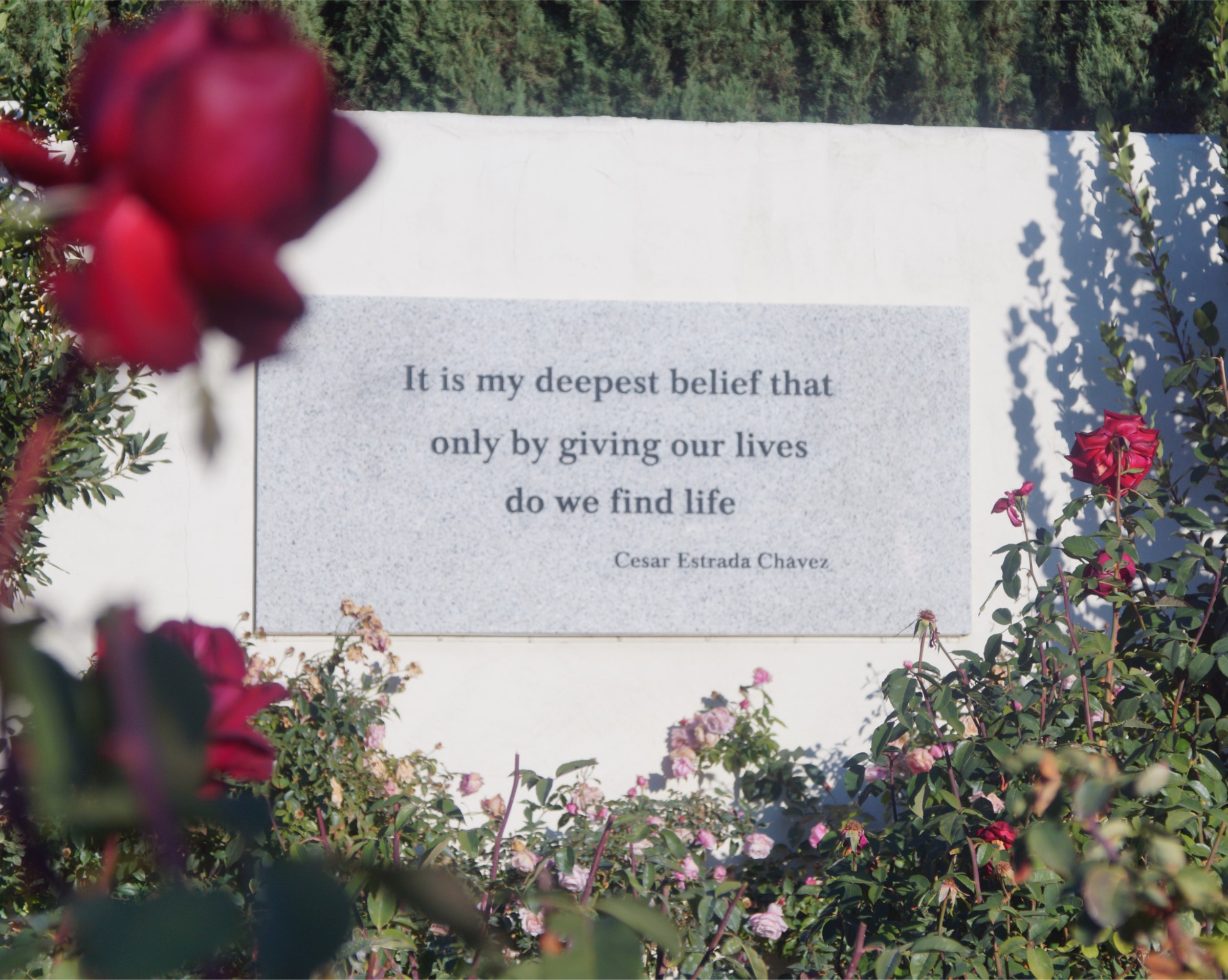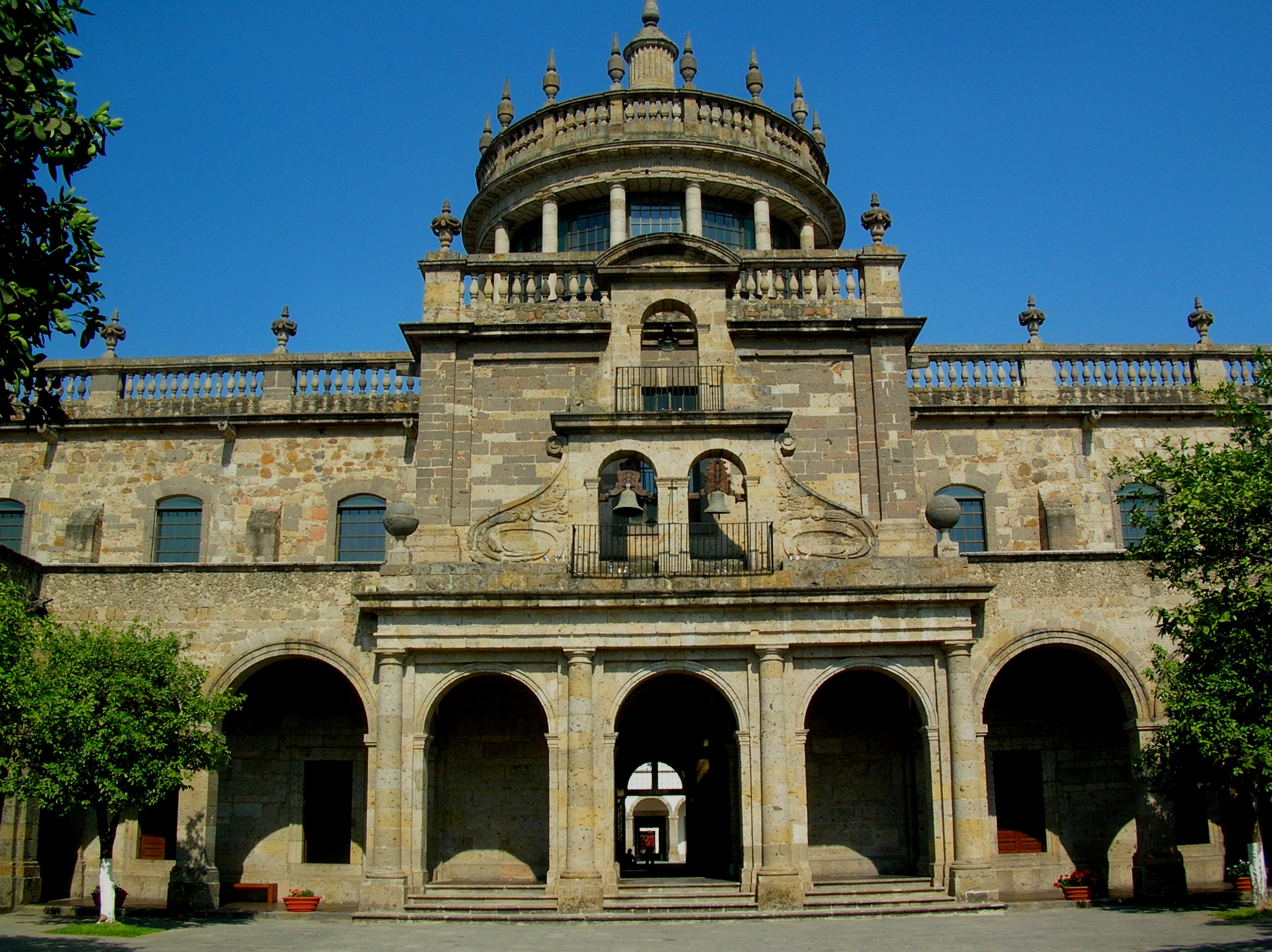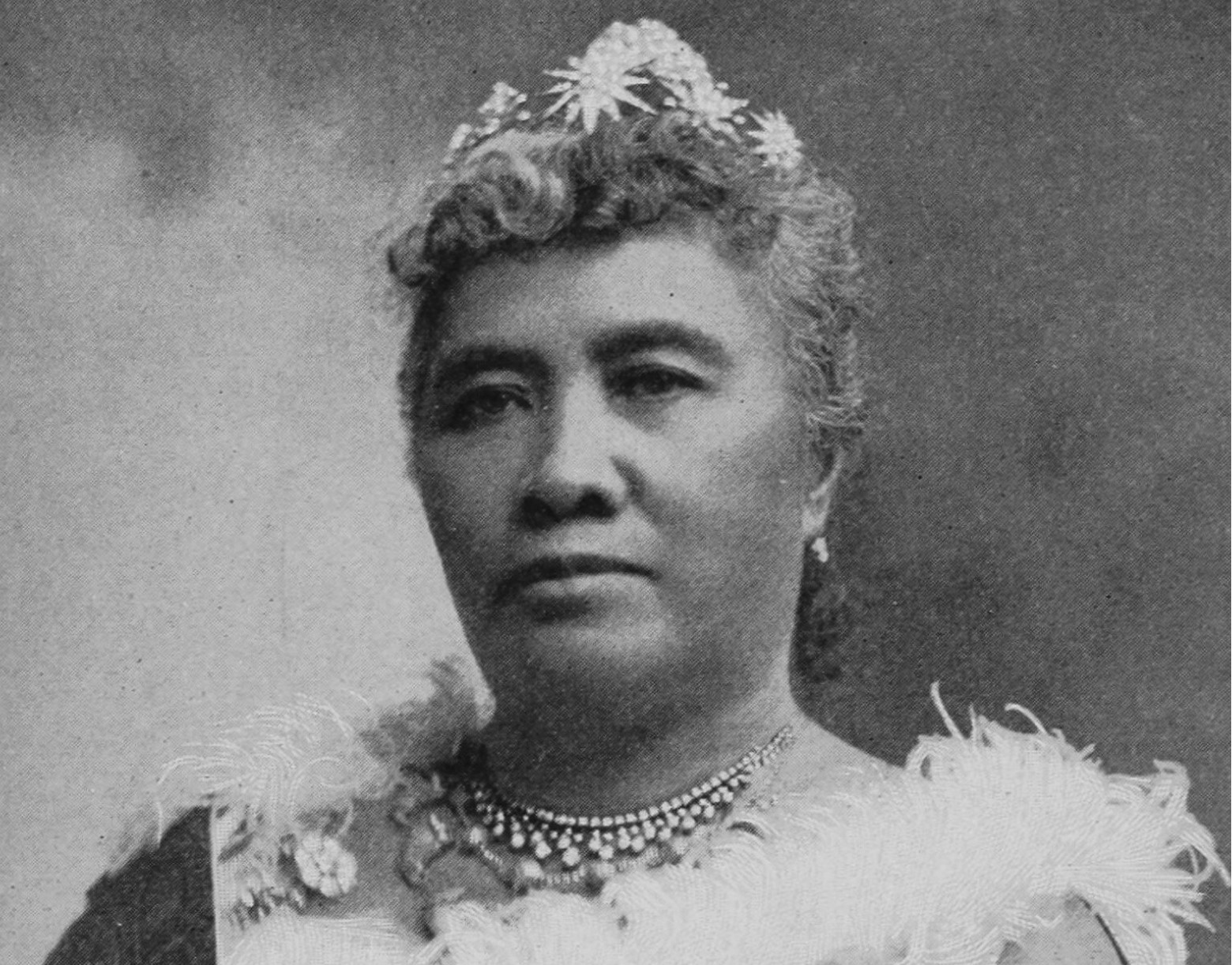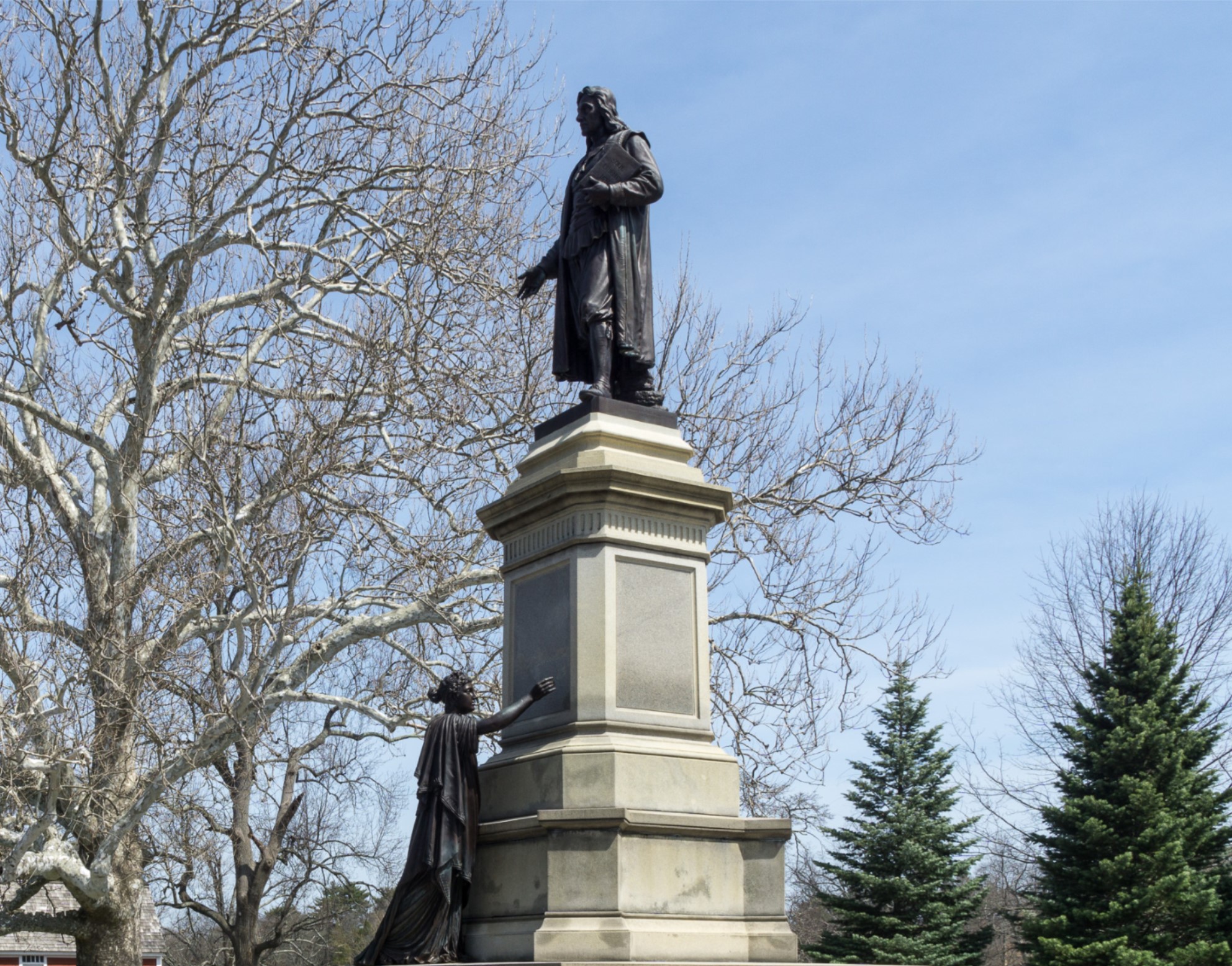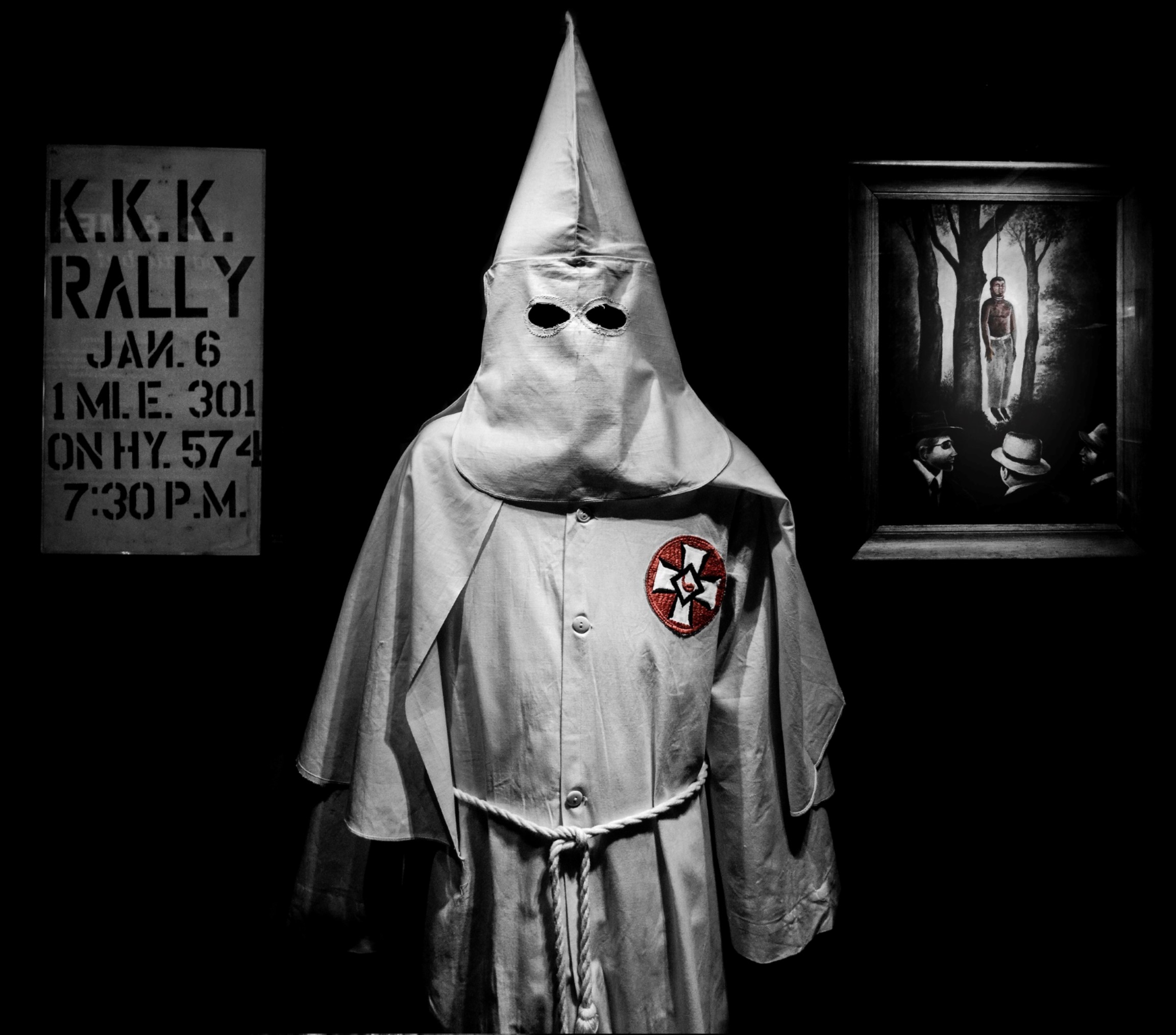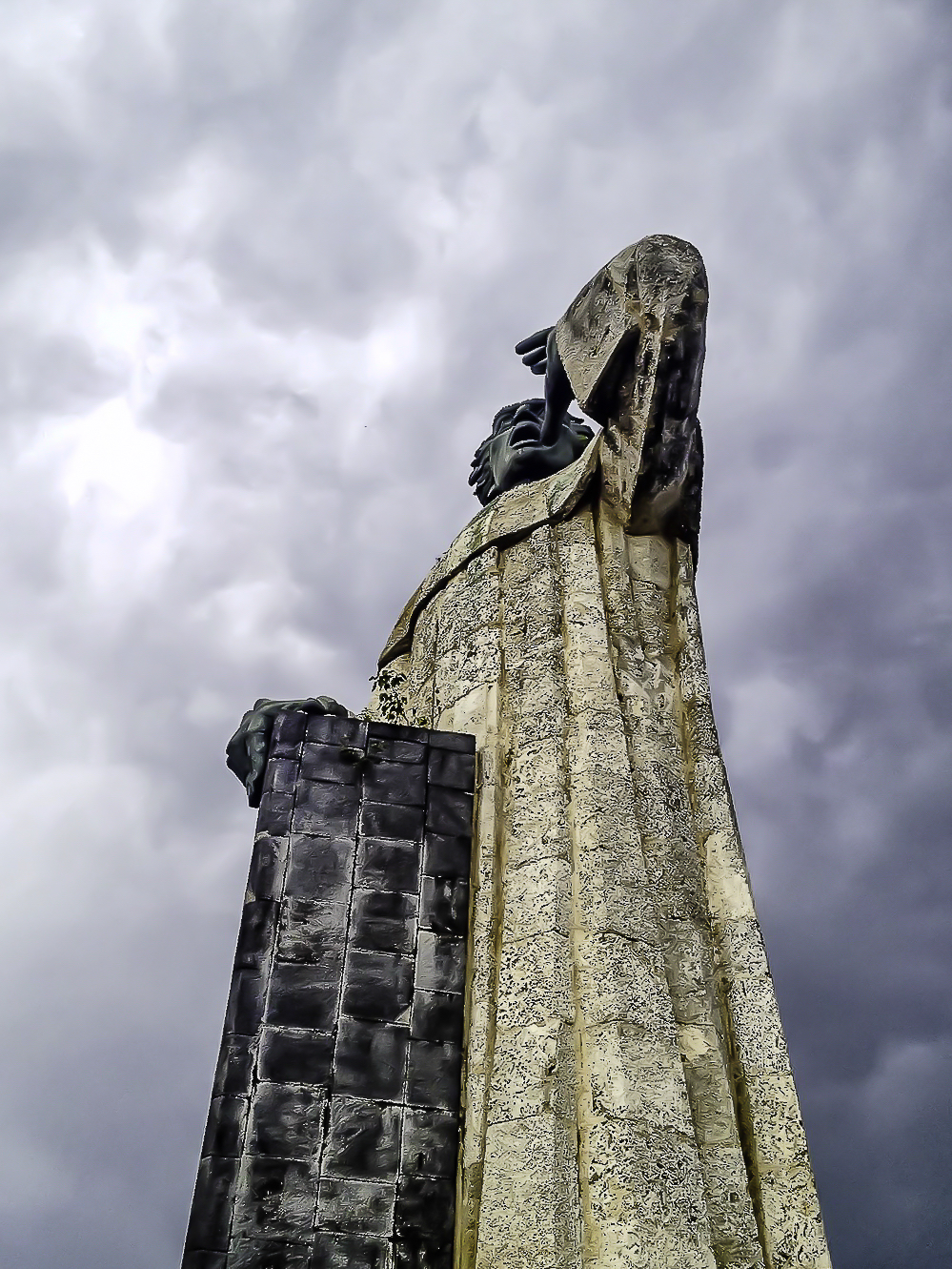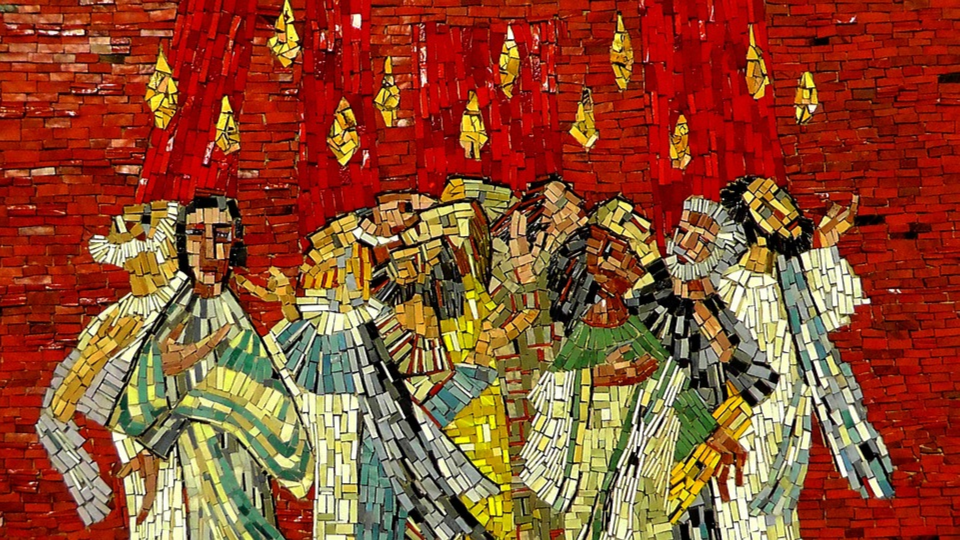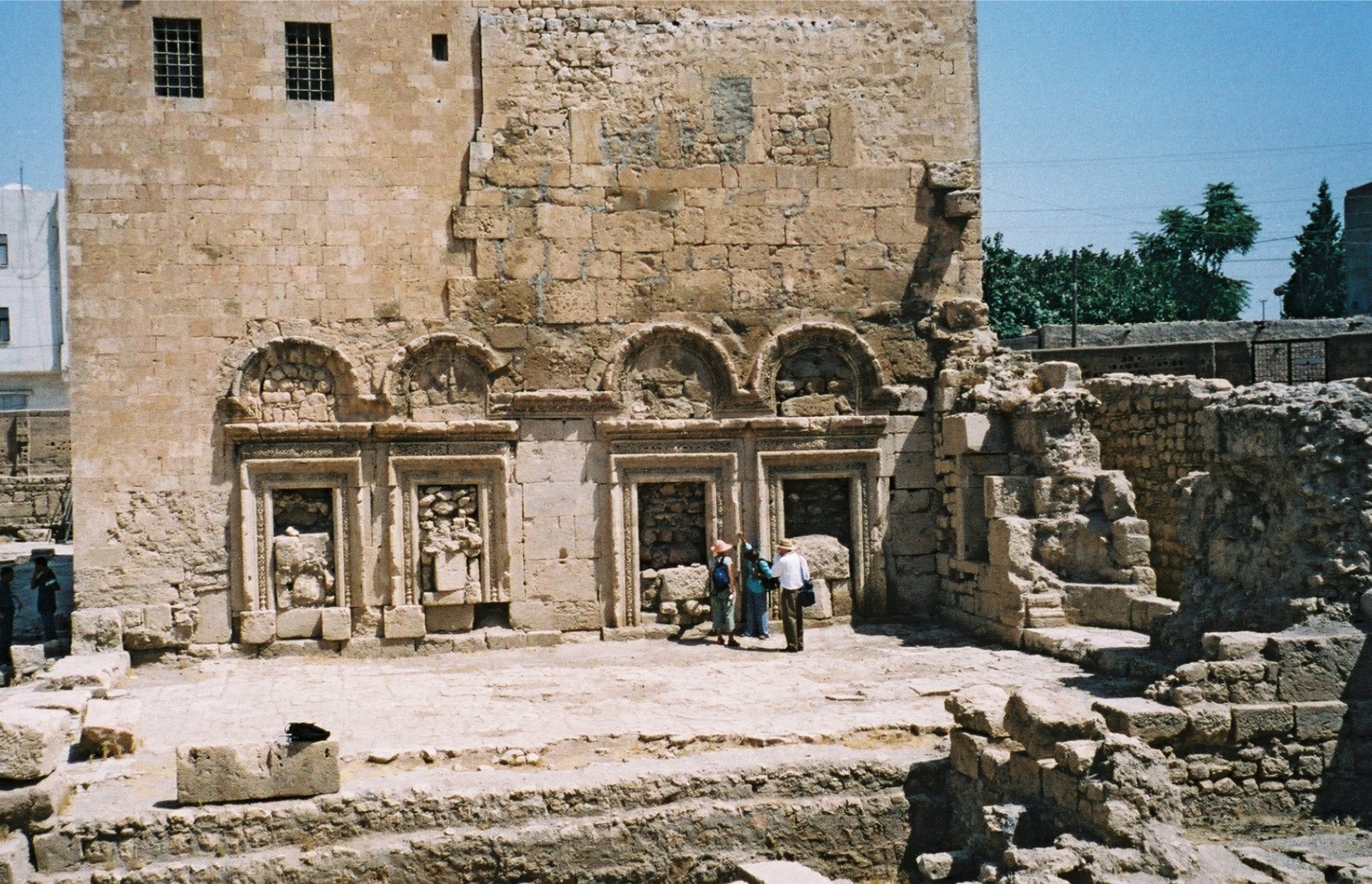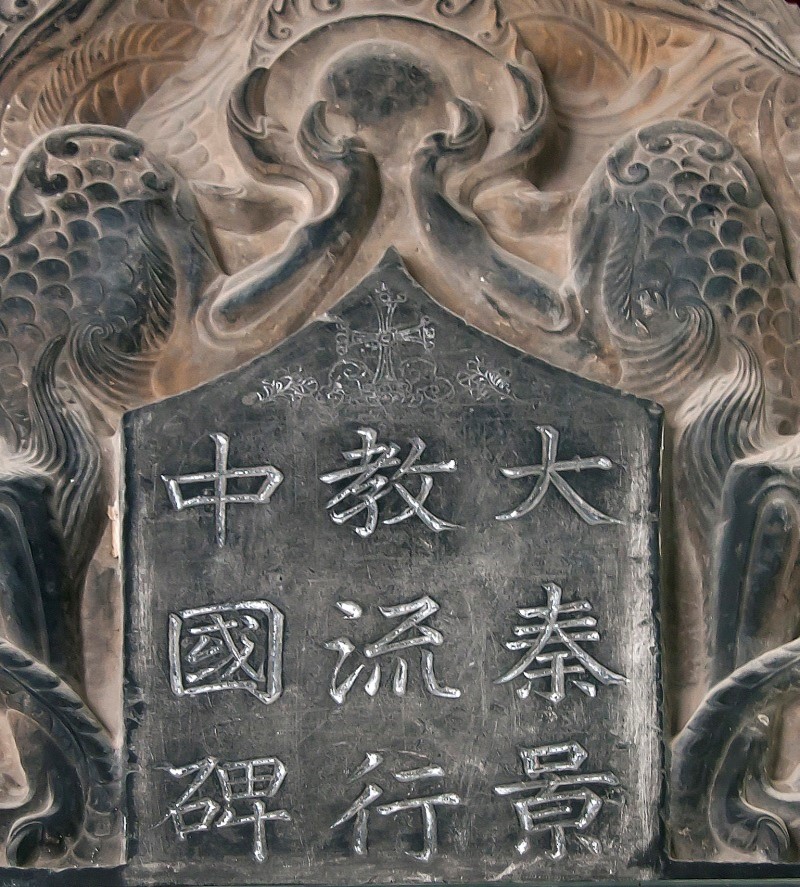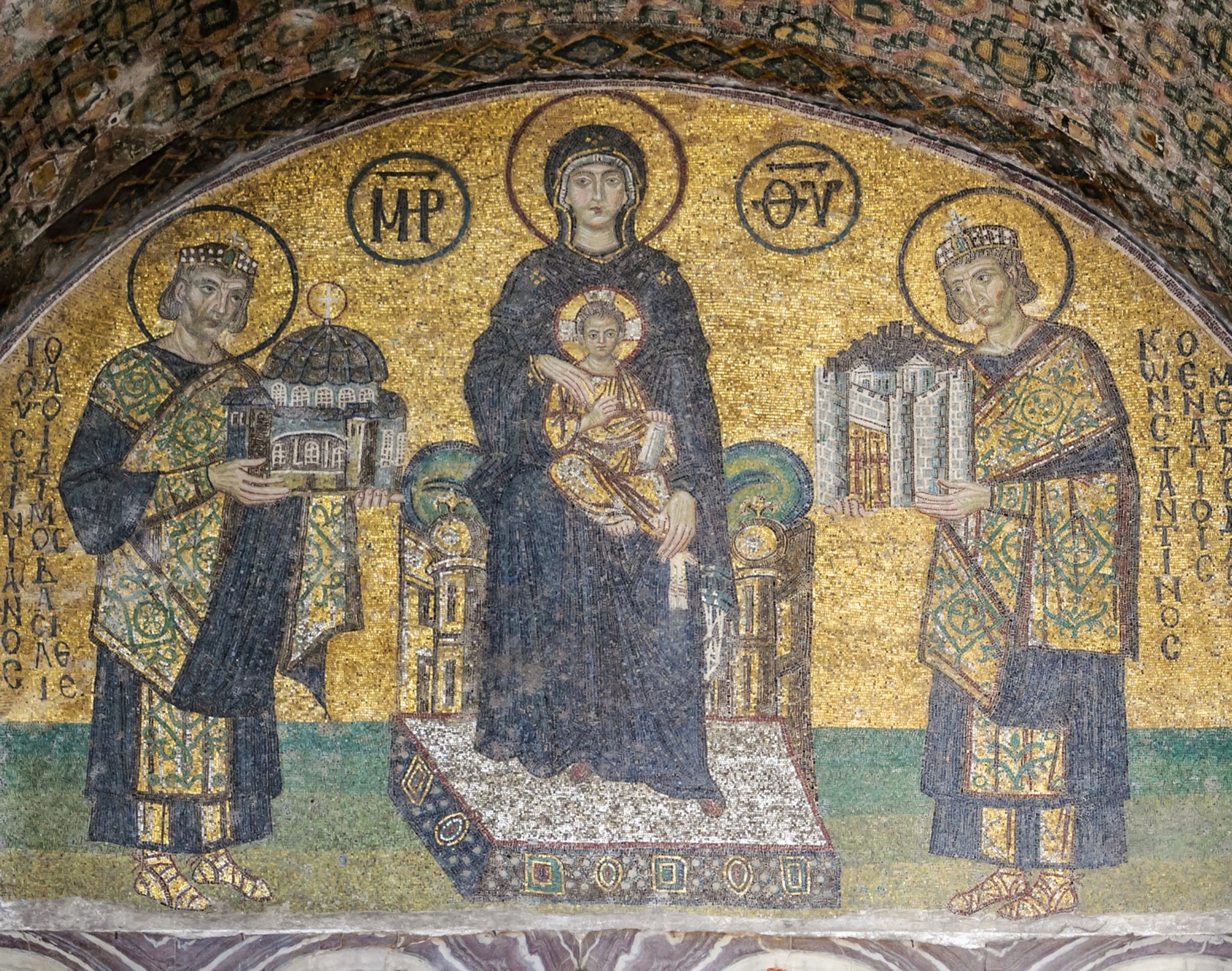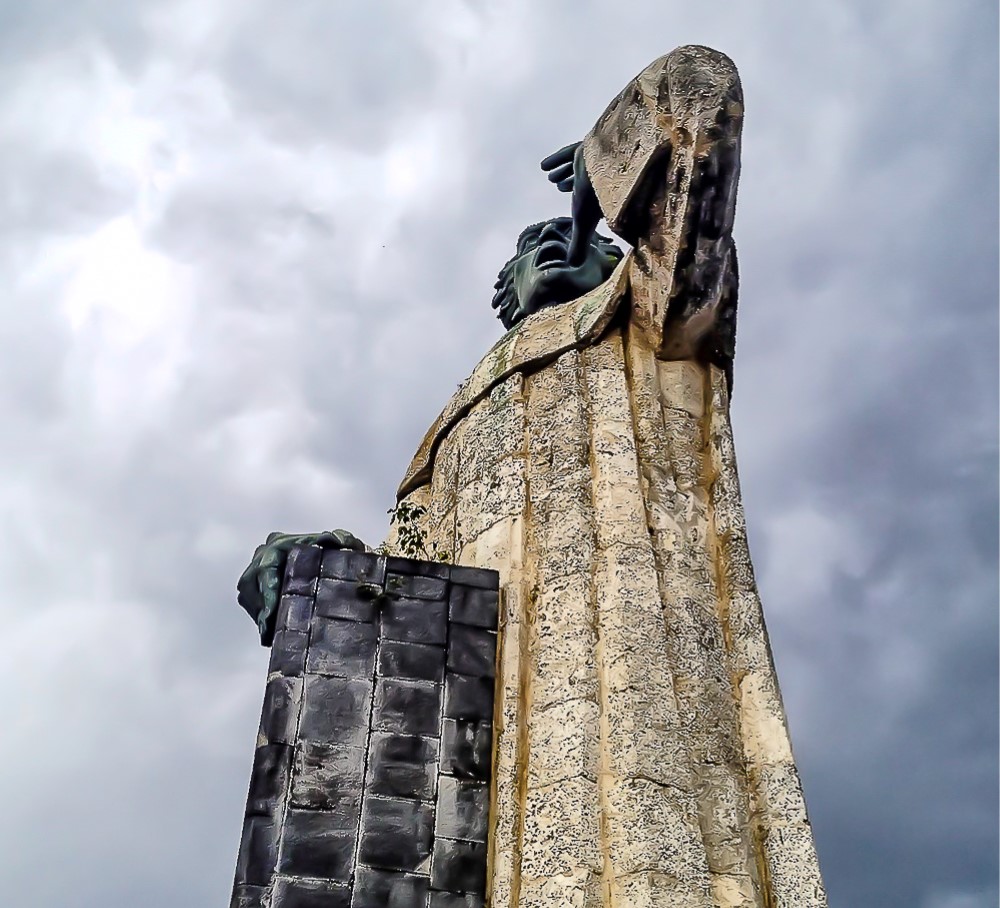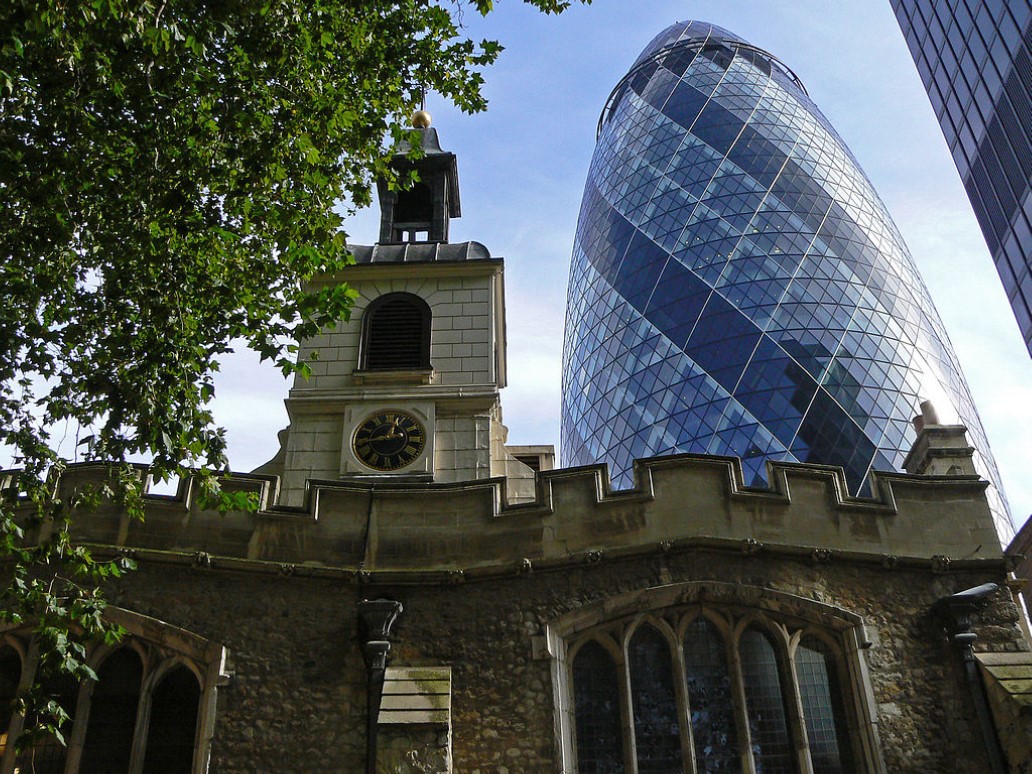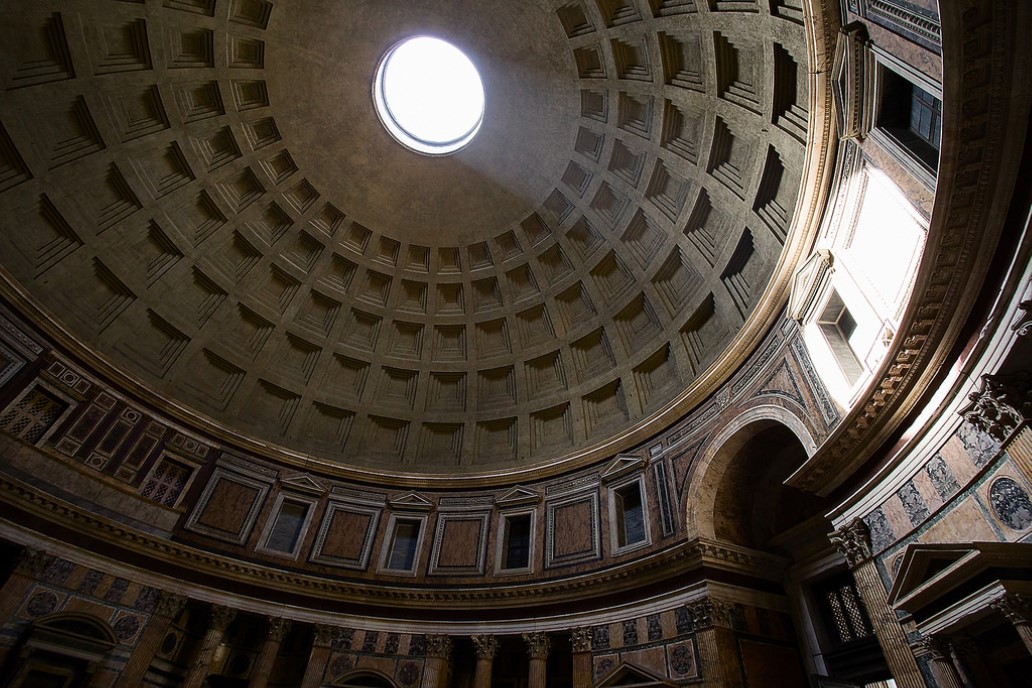The Church in Latin America
Mexico, Central America, South America
Photograph: Hospicio Cabañas in Guadalajara, Jalisco, Mexico. The hospital was founded in 1791 by the Catholic bishop of Guadalajara as a hospital, orphanage, workhouse, and almshouse. It was built on one level, so the elderly, children, and the sick could move around easily. It is one of the oldest and largest hospitals in the Americas, and is now a World Heritage Site. Photo credit: Patrick Denizet | CC2.5, Wikimedia Commons.
Introduction
The selection of perspectives on church history in this section — Church and Empire — has been guided by three factors: (1) to demonstrate that Christianity has not been a “white man’s religion”; (2) the study of empire as a recurring motif in Scripture by recent biblical studies scholars; and (3) explorations of biblical Christian ethics on issues of power and polity, to understand how Christians were faithful to Christ or not. Christian relational ethics continues a Christian theological anthropology that began with reflection on the human nature of Jesus, and the human experience of biblical Israel.
This page explores the experience and activities of Christians under colonial and modern regimes in Latin America outside the U.S.
Other Resources on the Church in Latin America: Mexico, Central America, South America
Dana E. Aspinall, Edward C. Lorenz, and J. Michael Raley, Montesinos' Legacy: Defining and Defending Human Rights for Five Hundred Years. Lexington Books | Amazon page, 2015. The Dominican priest Antonio Montesinos (1475 - 1545) served in Santo Domingo in what is now the Dominican Republic. He and his Dominican community preached against the enslavement and treatment of the indigenous peoples of the island. They argued that this treatment was against Scripture and also illegal. His ministry led Bartolome de las Casas to Christ, and to political advocacy for the Natives as well. This collection of essays explores the historical time and context of Father Montesinos, as well as his witness to the power of Christian ethics today.
Bartolome de las Casas, A Short Account of the Destruction of the Indies (originally published in 1542 and 1552, Penguin Classics | Amazon page, 1992. Bartolome de las Casas (1484 - 1566) joined the defense of the Natives by the Dominican order, convinced that enslavement and the encomienda system was contrary to Scripture and also illegal. De las Casas wrote in 1542 for a trial in Spain, where Holy Roman Emperor Charles V decided to abolish enslavement and the encomienda system. However, the decision was rejected in the New World. Spanish settlers instead called for the death of de las Casas. This evidence was published in 1552.
Juana Ines de la Cruz, Margaret Sayers Peden, A Woman of Genius: The Intellectual Autobiography of Sor Juana Ines de la Cruz. Lime Rock Press | Amazon page, 1982. Sor Juana Ines de la Cruz (1648 - 1695) was a Catholic nun in colonial Mexico, a prolific poet, and an advocate for the education of women (based on the apostle Paul's teaching and practice) who was pressured by the Spanish Catholic hierarchy into silence.
Gustavo Gutierrez, A Theology of Liberation. Orbis Press | Amazon page, 1971) now a classic by one of the most pastoral of the liberation theologians, the Peruvian Catholic theologian Gutierrez, critiquing especially American imperial capitalism in Latin America, following the 1968 Medellin Conference of Bishops.
Oscar Romero, Voice of the Voiceless: The Four Pastoral Letters and Other Statements. Orbis Books | Amazon page, 1985. Romero was the Roman Catholic archbishop of Nicaragua who advocated for the poor and was gunned down by opponents. See also Oscar Romero, The Violence of Love. Orbis Books | Amazon page, 1988.
Paul Freston, Evangelicals and Politics in Asia, Africa and Latin America. Cambridge University Press | Amazon page, 2001, 2003.
Miguel A. De La Torre and Edwin David Aponte, Introducing Latino/a Theologies. Orbis Books | Amazon page, 2001.
Rene Padilla, The Local Church, Agent of Transformation: An Ecclesiology for Integral Mission. Ediciones Kairos | Amazon page, 2004. A helpful introduction to "integral mission" with dual priorities of evangelism and social change.
Ruth Padilla deBorst, Journal of Latin American Theology: Christian Reflections From the Latino South. Kairos | Amazon page, 2006.
Paul Freston, Evangelical Christianity and Democracy in Latin America. Oxford University Press | Amazon page, 2008.
Ruth Padilla DeBorst, Hispanic Theology. Wheaton College, Apr 7, 2011.
John Frederick Schwaller, The History of the Catholic Church in Latin America: From Conquest to Revolution and Beyond. NYU Press | Amazon page, 2011.
Oscar Garcia-Johnson, The Significance of the Cross in Latino/a Perspective. Fuller Seminary, Fall 2012. An intriguing short reflection on the way presentations of Christ (Spanish Catholic, then Protestant, etc.) were connected to power relations.
Jeffrey P. Greenman and Gene L. Green, Global Theology in Evangelical Perspective: Exploring the Contextual Nature of Theology and Mission. InterVarsity Press | Amazon page, 2012.
Loida I. Martell-Otero, Zaida Maldonado Perez, and Elizabeth Conde-Frazier, Latina Evangelicas: A Theological Survey from the Margins. Cascade Books | Amazon page, 2013.
David Cranston and Ruth Padilla deBorst, Mission as Transformation: Learning from Catalysts. Wipf and Stock | Amazon page, 2014.
Miguel A. De La Torre, Doing Christian Ethics from the Margins. Orbis Books | Amazon page, 2014. Provides very helpful case studies of global relationships, poverty, war, and environment.
Miguel A. De La Torre, Introducing Liberative Theologies. Orbis Books | Amazon page, 2015) a collection of essays from authors of various geographical and ethnic backgrounds
Craig Ott, The Mission of the Church: Five Views in Conversation. Baker Academic | Amazon page, 2016.
Miguel A. De La Torre, Embracing Hopelessness. Fortress Press | Amazon page, 2017. A collection of essays by authors of different ethnic backgrounds, exploring conditions of heretofore unchecked injustice
Leticia Duarte, Meet the Intellectual Founder of Brazil’s Far Right. The Atlantic, Dec 28, 2019. “Olavo de Carvalho’s anger has inspired a number of Brazilian far-right politicians, the country’s president among them.” “These days, when Olavo speaks, Bolsonaro listens. The president took Olavo’s recommendation in appointing as foreign minister a conservative Christian who has called climate change a “Marxist conspiracy.”” The briefest hint, but an important one.
James McCarty, Matthew Tapir, and Justin Bronson Barringer, The Business of War: Theological and Ethical Reflections on the Military-Industrial Complex. Wipf and Stock | Amazon page, Mar 2020. An outstanding collection of essays about U.S. militarism and its impacts on domestic and foreign affairs. Especially good are the chapters highlighting U.S. hegemony over Latin America.
Hugh McDonnell, The Left Side of the Church: Liberation Theology's Legacy. Jacobin Magazine, May 18, 2020. An examination of Latin America as a spotlight of liberation theology’s practical legacy.
Erica Ramirez, Who’s Laughing Now? Pentecostal Disrespectability Politics. Political Theology Network, Jul 8, 2021. “While some white American converts to Pentecostalism in the early 1900s were experiencing a resurgence of Jeffersonian populism of that era, Mexican nationals were living through revolutionary upheaval of their own. And like the older populism of American evangelical lines, the Mexican revolution’s radical populism was also agrarian, influenced by Jacobinism, and hostile to establishment elites.”
Casual Scholar, Why Latin American Is Still Poor. Casual Scholar, Jan 6, 2022. A 22 minute video, giving equal time to the Spanish encomienda system of exploiting local-native hierarchies, and modern institutions like banking and governing institutions that are dominated by a few.
Vice News, Indigenous Tribes Push Back Against Evangelical Missionaries. Vice News, Sep 30, 2022. Spotlights Brazil’s Amazon tribes. Raises the connection of Brazilian evangelicals with both Brazilian politicians for influence and American evangelicals for funding.
Deutsche Welle, Brazil's Evangelicals on the March. DW Documentary, Mar 11, 2024. A spotlight on Rio de Janeiro.
Alex Hochuli, Utopia Brasileira. Aeon, Nov 7, 2024. “Within less than a decade, Brazil will have as many evangelicals as Catholics, a transcendence born of the prosperity gospel.”
The Church in the Americas: Topics:
This page is part of our section on Church and Empire. These resources begin with a biblical exposition of Empire in Church and Empire and the meaning of Pentecost in Pentecost as Paradigm for Christianity and Cultures, then grouped by region: Middle East, Asia, Africa, Europe, Americas, then Nation-State, with special attention given to The Shoah of Nazi Germany.

